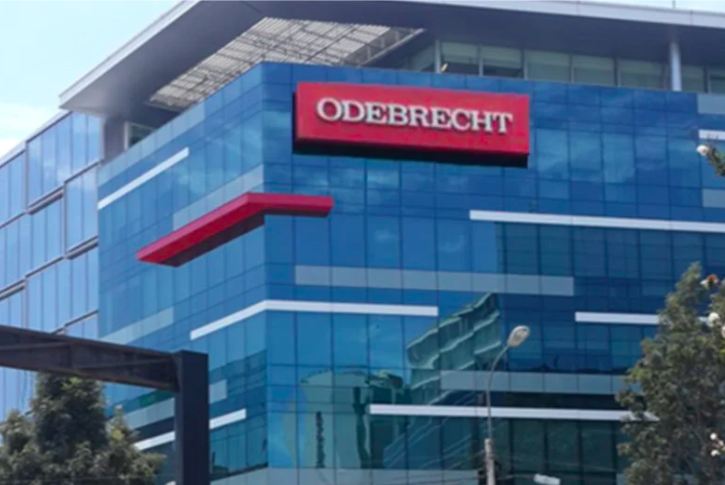Judicial recovery (RJ) requests have not stopped appearing in the Brazilian market since Americanas reported a month ago that it discovered a debt of more than R$40 billion in its financial reports and filed for its own recovery.
The company, which was positioned as one of the country’s largest retailers, now appears among the top five RJs in value, accompanied by giants that once also reigned in their own sectors.
Knowing this, Forbes listed the five largest judicial recoveries in the country.

Check them out:
1. ODEBRECHT – R$98.5 BILLION
The Odebrecht group, which included activities such as civil construction, petrochemicals, and energy, filed for judicial recovery in 2019, almost five years after becoming the target of the Lava Jato Operation, under accusations of being part of a corruption scheme in bids for Petrobras works, in addition to other problems involving the government,

In 2020, the court filed a petition to recover the company and 11 other companies in the group.
The process is still in progress in the São Paulo courts.
2. OI – R$65.4 BILLION
The telecommunications company Oi informed the market in 2016 that it could not pay its debts of R$65.4 billion.
The Oi situation was created by a sequence of unsuccessful acquisitions, which aimed to make the company grow too big and fast.
Many companies acquired by the company came with heavy debt and inconsistent results.

The situation started to get bad when Oi bought the operations of Brasil Telecom for R$5.8 billion, much higher than estimated by the market.
The acquisition allowed the operator to operate throughout the country, but that was insufficient.
Shortly after, in 2013, Oi announced the merger with Portugal Telecom, aiming to become a multinational company, but everything turned upside down.
Although the deal went through, the company did not receive the amount of R$3.2 billion agreed upon for the merger.
Thus, the debts grew quickly and uncontrollably, which led to the filing for the judicial reorganization of the company, which was a promise in the sector.
At the end of 2022, the court decreed the end of RJ of the company, but there is already the possibility of Oi filing a new recovery request in the coming days.
The company filed its request in the United States on Thursday (9).
3. SAMARCO – R$51 BILLION
The mining company Samarco was responsible for the rupture of the Mariana dam in Minas Gerais in 2015.
The company, owned by Vale and BHP Billiton, had the judicial recovery process determined by the courts in 2021 to prevent actions taken in Brazil and abroad against the company from affecting its ability to continue producing.
Samarco’s total liabilities, representing the company’s equity plus debts, reached R$51 billion.

Last year, the courts determined that the recovery of the mining company should be made through an agreement with creditors, but the process is still ongoing.
4. AMERICANAS – R$43 BILLION
Americanas filed for judicial reorganization after announcing that its management had detected a billionaire loss, initially estimated at R$20 billion, due to accounting errors.
In a few days, the situation turned into a snowball, with the debt reaching R$43 billion and affecting the balance sheet of its main creditors, such as Itaú and Bradesco.

On Thursday night (9), the company obtained approval to issue up to R$2 billion in debentures with a term of 24 months.
According to the company, of this total, half will be financed by the company’s reference shareholders through the issue of non-convertible debentures.
5. SETE BRASIL – R$19.3 BILLION
Sete Brasil’s situation is similar to that of Odebrecht.
Created to initially manage seven (hence its name, ‘sete’ is seven in Brazilian Portuguese) and later 28 oil exploration drillships for Petrobras, the company received more than R$8 billion in investments from the state-owned company several other shareholders such as Santander and Banco BTG.
The company’s problems started in the initial phase of the Lava Jato Operation when company executives began to receive accusations of involvement in the payment of bribes for the construction of rigs.

The negative movement led BNDES to veto the loan to keep the company running.
The financial problem came together with the oil crisis in the international market, which mitigated the company’s chances of getting new loans.
Thus, the company filed for its judicial reorganization in 2016 and has not had any conclusion since then.
With information from Forbes

